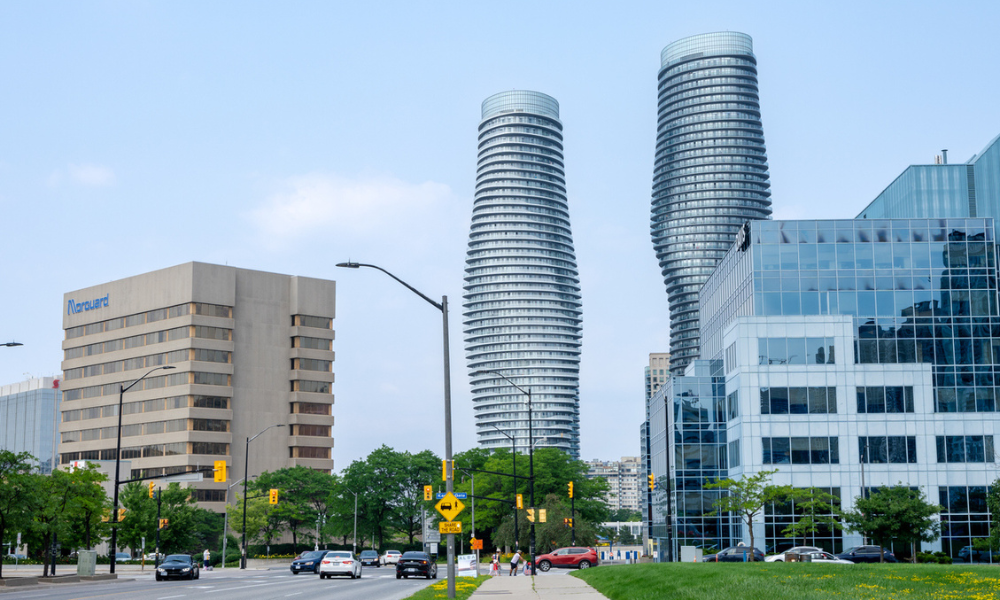
Which cities recorded the biggest gains in talent – and from where?

Canada welcomed more than 32,000 technology workers through migration in the past year, due largely in part to a more immigration-friendly national policy and a labour cost advantage, according to a recent report.
Specifically, between April 2022 and March 2023, 32,115 new workers came to Canada, report The Technology Councils of North America (TECNA) and Canada's Tech Network (CTN).
Among Canadian cities, the following received the biggest number of migrant tech workers last year, according to the report from TECNA and CTN:
While Ontario dominated in the sheer number courant of migrant tech workers, it was the smaller provinces that ranked at the top when it came to percentage growth:
Quebec experienced the highest number of layoffs in 2023, according to new research.
Where did these migrant workers come from? The following countries had the biggest number of tech workers who came to Canada:
“This report is an important step in supporting this growth and helping our Canadian members better understand the state of the current workforce ecosystem," said Yvonne Pilon, vice chairman, board of directors, TECNA, and president & CEO of Windsor-based WEtech Alliance. "Given the radical shortfall in tech workers to fill available jobs in recent years, it's imperative we understand migration movements to better serve our members, the innovation workforce, and the broader technology ecosystem."
Recently, Ottawa launched its first-ever Tech Talent Strategy, which includes new measures and improvements to help businesses.
"We are thrilled with the recent announcement by Immigration Minister Sean Fraser, as it paves the way for Canada to welcome workers with H1B visas into our tech ecosystem. This groundbreaking program is set to bring 10,000 highly skilled professionals to our country, fortifying our position as a leading destination for tech talent," said Chris Albinson, CEO and president at Communitech.
The new initiative will also “propel our ecosystem to even greater heights,” he said.